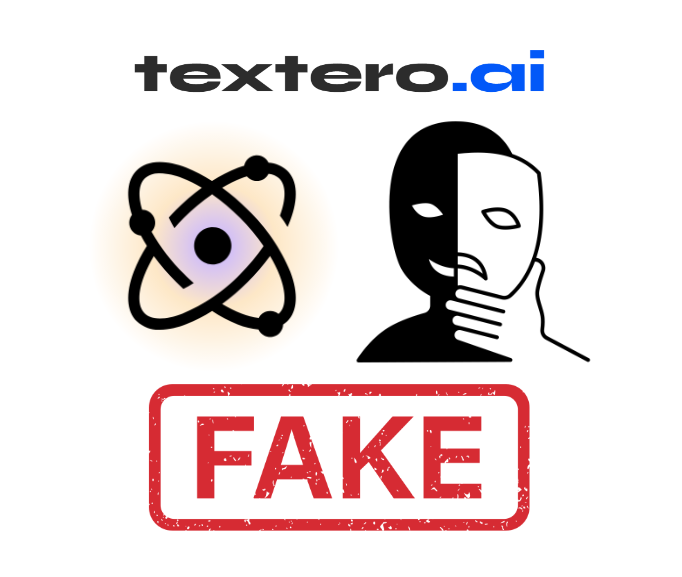Introduction
In 2023, students and researchers are often confronted with the daunting task of academic writing. The allure of an innovative tool like Textero.AI, which claims to generate ideas and content for academic writing, may seem like a convenient solution. However, it is crucial to critically evaluate such tools before becoming overly reliant on them for crucial assignments.
In this review, we will highlight the limitations and potential risks associated with using Textero.AI, exposing the darker side of this purportedly innovative tool.
Textero.AI's Exaggerated Claims and Lack of Credibility
Textero.AI boldly markets itself as an essay generator capable of producing unique essays in mere minutes. It boasts about providing sources, formatting essays, and generating plagiarism-free content. Unfortunately, these claims are far from reality. The tool consistently falls short of these lofty promises, churning out subpar content that lacks originality. Moreover, the sources suggested by Textero.AI are often questionable, making it an unreliable choice for academic writing.
Superficial and Incoherent Content
One of the most glaring flaws of Textero.AI is its glaring inability to generate coherent and well-structured content. Essays and research papers produced by this tool are notably lacking in depth and fail to offer any meaningful insights. Instead, the content remains superficial, leaving readers and evaluators underwhelmed. The realm of academic writing demands critical thinking, in-depth analysis, and a profound understanding of the subject matter - qualities that Textero.AI conspicuously lacks.
Restricted Customization and Editing Options
Despite Textero.AI's claim to provide an essay editor, the range of customization and editing options available is severely limited. Users are advised to extensively rework and edit the content generated by the tool to align it with their specific requirements. This, unfortunately, undermines the very purpose of using an AI writing tool, as it does little to reduce the time and effort needed for academic writing.
Plagiarism Risks and Ethical Concerns
Contrary to Textero.AI's assurances of generating plagiarism-free content, there remains a significant risk of unintentional plagiarism when relying on such tools. Content generated by Textero.AI often heavily borrows from existing sources without appropriate attribution, potentially leading to allegations of academic misconduct. Additionally, an over-reliance on AI tools for writing assignments raises ethical concerns, as it hinders the development of critical thinking and writing skills that are essential for academic progress.
User Reviews: A Sea of Discontent
To gain a comprehensive understanding of user experiences with Textero.AI, we gathered reviews from individuals who have used the tool. The feedback consistently conveyed a sentiment of disappointment and frustration among users. Many voiced complaints about the lack of originality, the poor quality of content, and the tool's inability to meet their academic needs. Users also expressed concerns about the authenticity of the sources provided and the overall credibility of the content generated. These negative reviews serve as a stark warning for those considering the use of Textero.AI for their academic writing endeavors.
Conclusion
Textero.AI, despite its extravagant claims, falls drastically short in delivering high-quality, original, and coherent content for academic writing. Its limitations in customization, lack of authenticity, and the potential risk of unintentional plagiarism make it an unreliable tool. Relying solely on AI writing tools like Textero.AI can hinder the development of vital skills and jeopardize academic integrity. It is imperative for students and researchers to exercise caution and prioritize the cultivation of their own critical thinking and writing abilities.





Comments